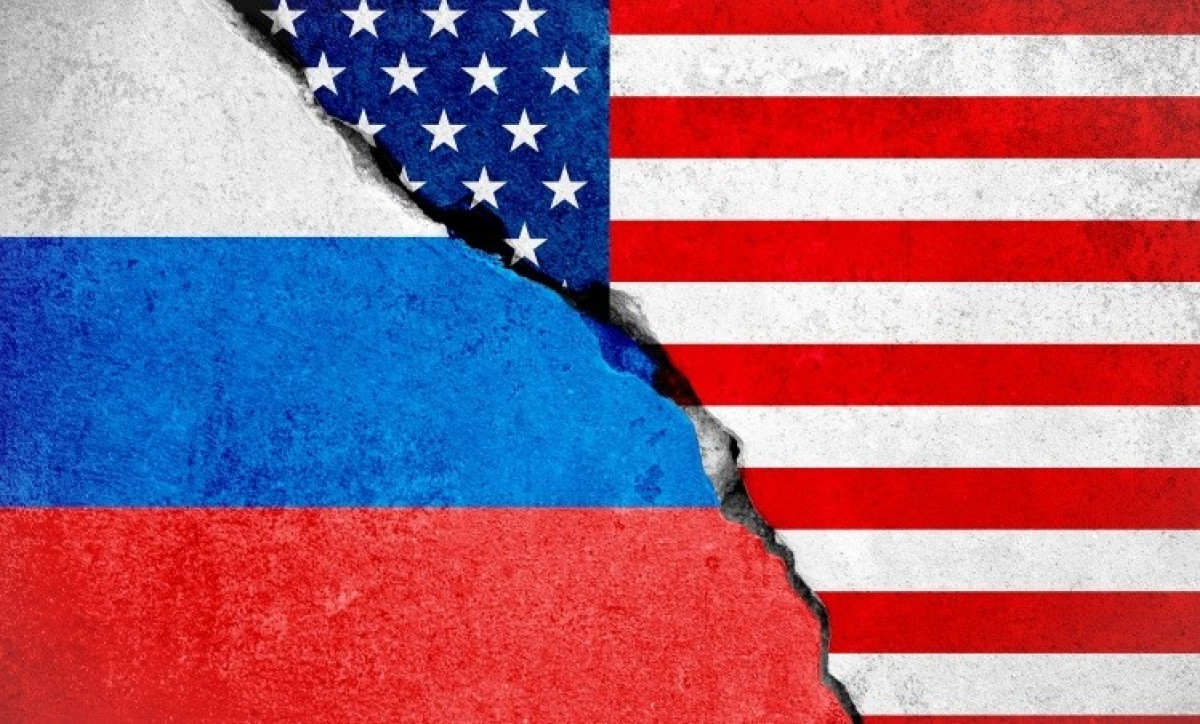 65
65
Under President Eisenhower, a B2 spy aircraft flew over the former Soviet Union. However, the Russians were able to land the plane, which had been flown from a US military facility to spy.
The Americans, on the other hand, first refused to acknowledge Moscow’s claims, alleging that they were baseless.
Finally, the Russians interrogated the American pilot in front of the television cameras, forcing American officials to reveal that they had instructed the pilot to conduct an espionage flight over the USSR.
Ultimately, Washington was forced to recognize Russia’s claim, and in 1955, Eisenhower’s administration proposed the idea of free skies, allowing the Soviet Union to undertake surveillance flights above each other’s territories.
In 2002, the United States and Russia signed the Open Skies Treaty, which has since been joined by 34 countries. Under this international convention, transit flights are permitted over any country’s territory, and the host country can not declare its skies a no-fly zone. Of course, certain limits are stipulated in this treaty, such as precise entry and exit locations and specified refueling airports.
For reconnaissance and espionage aircraft, the treaty also stipulates the maximum camera resolution. Before being authorised to fly, each aircraft must pass an inspection to guarantee that its cameras do not exceed the maximum resolution permitted.
The pact was maintained until last year, when former US President Donald Trump’s administration announced its withdrawal from the 20-year-old deal, claiming that Russia had violated its rules and thus Washington’s participation was no longer in the best interests of the United States.
The US has long questioned Moscow’s restrictions on flying over certain territories, such as Chechnya and Kaliningrad, Russia’s vital enclave in Europe.
Like his predecessor, Biden rejected the United States’ return to the Open Skies Pact, prompting Russia to retaliate. Mikhail Ulyanov, Russia’s permanent envoy to international organizations in Vienna, recently announced Moscow’s desire to leave the Open Skies Treaty.
“… the Open Skies Treaty has come to an end. The US will not rejoin the agreement, and Russia will follow suit shortly. That treaty was a fantastic treaty, “Mr. Ulianov was said to have said.
Russian President Vladimir Putin introduced a bill to the Russian State Duma earlier this month that would end Russia’s membership in the Open Skies Treaty. According to the bill’s memorandum, the international agreement has so far worked to boost military trust, with the Russian side contributing significantly to its implementation, allowing numerous nations to undertake reconnaissance flights over Russian airspace.
“On flimsy pretexts, the US administration unilaterally withdrew from the agreement on November 22, 2020, altering the international power balance among the member nations’ interests,” the Russian Duma wrote on its website, adding that this hostile action has severely harmed the parties’ commitment to the treaty’s principles, as well as the necessity of bolstering confidence and international transparency.
The Open Skies Agreement, which acted as a weight in sustaining fragile international peace and preserving mutual military understanding between Moscow and Washington, is in grave jeopardy as a result of the new US administration’s hostile actions, manifested in the US deploying its bombers near the Russian borders.
With its Tupolev Tu-22M fighter jets with adjustable wing shapes, Russia is now determined to utilize its airfield in Syria to confront the US and NATO expansionism in the Middle East area.
Russian Tupolevs will be able to keep an eye on NATO air bases in southern Europe and North Africa, as well as control the Mediterranean waterways.
Comment
Post a comment for this article